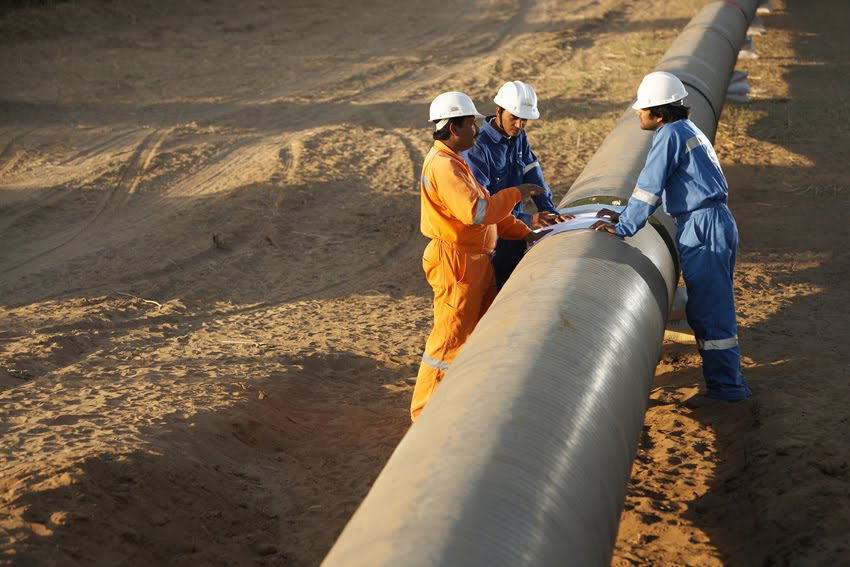A political kerfuffle has broken out in British political circles about inclusion (or exclusion) of the UK’s Green Party in televised leaders’ debate ahead of the 2015 General Election on May 7.
It all kicked-off on Monday when the country’s broadcasting regulator Ofcom opined that the Green Party did not have the clout to be considered a big enough player on the national stage.
Prime Minister and leader of the Conservative Party David Cameron then said he wouldn’t take part in a televised debate that excludes the Green Party, since UKIP a minor right-wing party that’s eating into his political base had been invited to participate but not the Greens.
As exposure for the Greens is likely to hurt the opposition Labour party and the Liberal Democrats, Cameron’s desire to have the Greens included might well be driven by his own interests. Labour, Liberal Democrats and UKIP all cried foul at Cameron’s announcement, while he in turn accused opponents of running scared.
Whatever his reasons might be, the Oilholic feels Cameron is right to demand inclusion of the Greens. Those asking why the Greens should be included must actually ask “Why not?” instead. The Oilholic profoundly disagrees with a lot of what the Greens say and the policies they propose. However, that does mean this blogger should frown upon giving them a voice on a national stage at one of the most important general elections in a generation.
The British Green movement should now be considered sufficiently mature and in sync with some of its counterparts in the wider European Union. In fact, at the recent European elections both the Greens and UKIP got more votes than the Liberal Democrats.
The Greens had their first MP in 2010 as Caroline Lucas entered parliament on her own merit and credentials having fought against mainstream parties with deeper pockets. While UKIP might well have two MPs in parliament at the moment; both are defectors from the Conservative Party who re-entered parliament having been elected on their established political reputations while piggybacking on a populist bandwagon provided by a protest party.
Yet UKIP gets a voice, but the Greens don’t despite being level pegging with the Liberal Democrats in many opinion polls? Some say giving the Greens a nationally televised platform would invite legal challenges from Scottish and Welsh nationalists, and other minor parties. If so, then so be it – let them prove the credentials as a national party.
That the Greens are a national force is beyond dispute. They might well be a fringe party, but unlike Scottish and Welsh nationalists, the Greens are fighting UK-wide not just in pockets of the still United Kingdom. Perhaps we should look to Germany and how its multiparty system has incorporated the Green movement. There are other such examples within the EU.
We should give the Greens a wider platform and leave their electoral performance to the court of public opinion. By that argument, allowing them to participate in a national leaders’ debate would be a good starting point. That’s all for the moment folks! Keep reading, keep it ‘crude’!
To follow The Oilholic on Twitter click here.
To follow The Oilholic on Google+ click here.
To follow The Oilholic on Forbes click here.
To email: gaurav.sharma@oilholicssynonymous.com
To follow The Oilholic on Google+ click here.
To follow The Oilholic on Forbes click here.
To email: gaurav.sharma@oilholicssynonymous.com
© Gaurav Sharma 2015. Photo: Big Ben and the UK parliament, London © Gaurav Sharma




